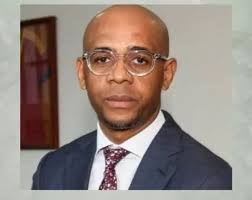Equatorial Guinea’s Supreme Court has acquitted Baltasar Engonga, the former Director-General of the National Financial Investigation Agency (ANIF), of all charges related to a scandal involving explicit videos that were leaked on social media.
Engonga had been accused of misconduct after videos showing him in intimate encounters with several women, some filmed in his office, were widely circulated.
The court’s ruling stated that all of the relationships depicted in the videos were consensual. It emphasized that the women involved were adults who voluntarily participated, with no evidence of coercion or manipulation. Additionally, medical reports confirmed that Engonga did not transmit any sexually transmitted diseases to his partners, further clarifying any health-related concerns.
While the court found no wrongdoing on Engonga’s part, one woman involved in the videos alleged that some encounters were filmed without her consent. She described the experience as deeply humiliating, expressing regret over the video’s unauthorized release. Engonga, however, denied responsibility for the leaks, asserting that the videos were shared consensually.
The acquittal, while bringing closure to the legal proceedings, raises broader questions regarding privacy, consent, and the ethical issues surrounding the sharing of private recordings in the digital age. The fallout from the case is likely to have lasting implications on Equatorial Guinea’s political and social landscape, as public discourse continues on the misuse of personal content in the online world.

